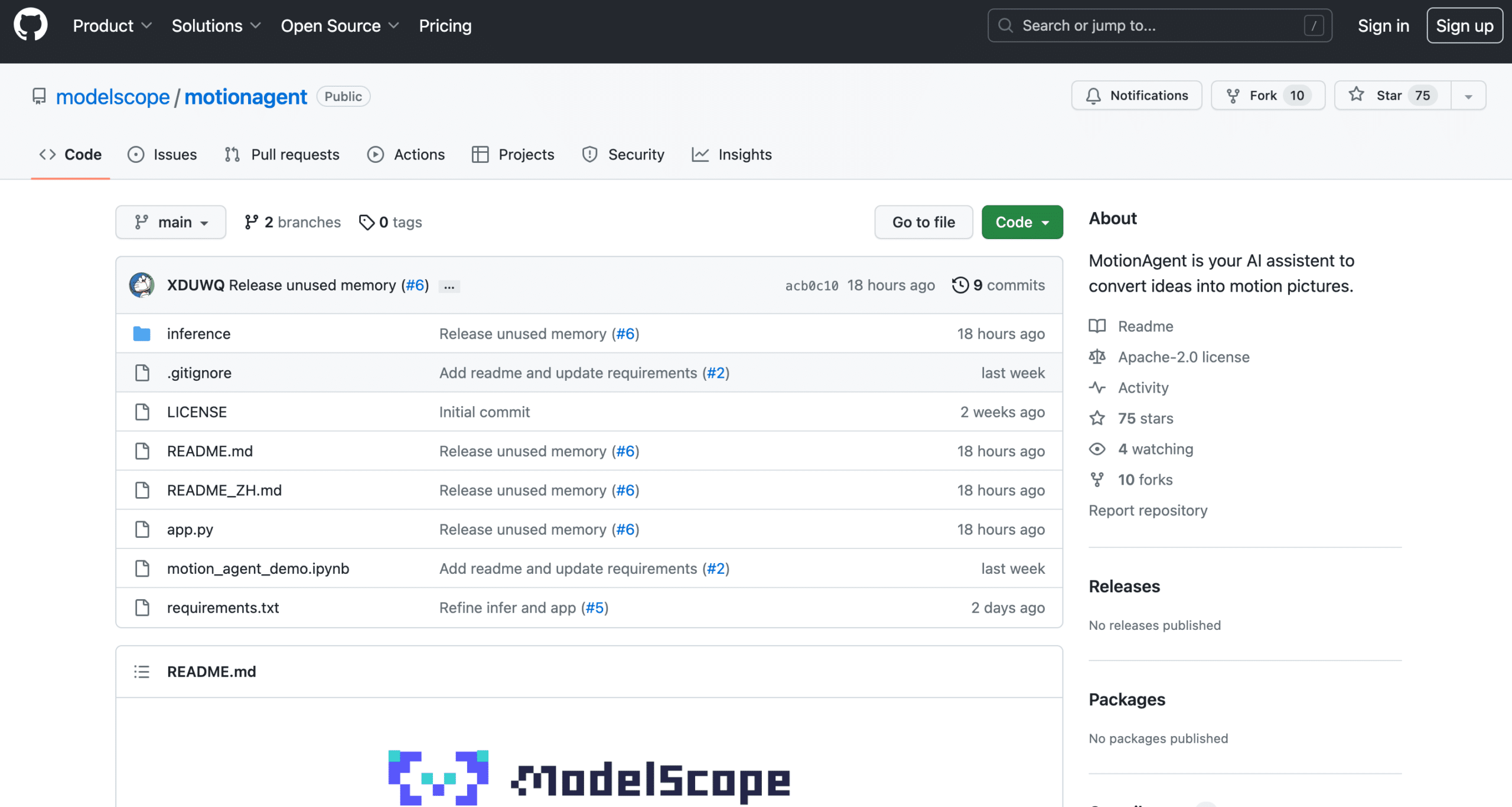GitHub
Popular
Links
Website
Description
GitHub is a code hosting platform for version control and collaboration. It offers a variety of features to help developers manage their code, including:
- Version control: GitHub uses Git, a distributed version control system, to track changes to code over time. This allows developers to revert to previous versions of their code if necessary, and it also makes it easy to collaborate on projects with other developers.
- Issue tracking: GitHub provides an issue tracker to help developers track bugs and feature requests. This can be helpful for keeping track of the progress of a project and ensuring that everyone is on the same page.
- Pull requests: Pull requests allow developers to suggest changes to other people's code. This is a great way to collaborate on projects and get feedback on your work.
- Wikis: GitHub allows you to create wikis to document your projects. This can be helpful for explaining the code to other developers, or for providing additional information about the project.
- Code review: GitHub provides a code review feature that allows developers to review each other's code before it is merged into the main branch. This can help to improve the quality of the code and prevent errors.
- Continuous integration and continuous delivery (CI/CD): GitHub integrates with a variety of CI/CD tools, which can help you automate the process of building, testing, and deploying your code. This can save you time and effort, and it can also help to improve the quality of your code.
- Marketplace: GitHub has a marketplace where you can find and install third-party tools and plugins. This can help you extend the functionality of GitHub and make it more suited to your needs.
GitHub is used by a wide variety of developers, from individuals to large organizations. It is a popular choice for open source projects, but it is also used by many commercial companies.
Here are some of the use cases of GitHub:
- Collaborating on open source projects: GitHub is a popular choice for collaborating on open source projects. It is free to use, and it provides a number of features that make it easy to collaborate on code, track bugs, and manage projects.
- Hosting your own code: GitHub also offers a hosting service for your code. This can be a good option if you want to make your code public, or if you want to avoid the hassle of setting up and maintaining your own server.
- Managing your software development lifecycle (SDLC): GitHub can be used to manage your entire SDLC. You can use it to track changes to your code, collaborate with other developers, and automate the build, test, and deployment process.
- Learning to code: GitHub can also be a great resource for learning to code. There are many tutorials and documentation available on GitHub, and you can also find a number of open source projects that you can contribute to.











